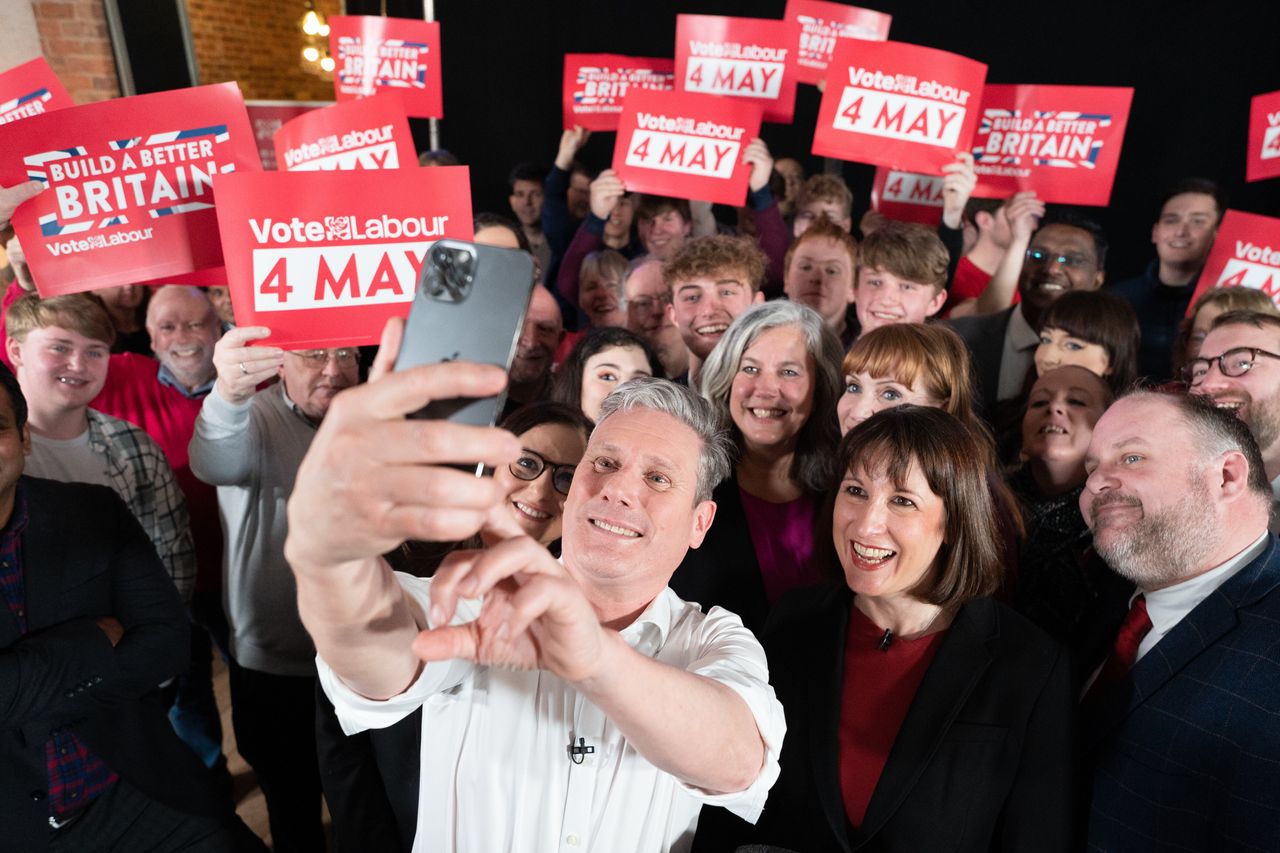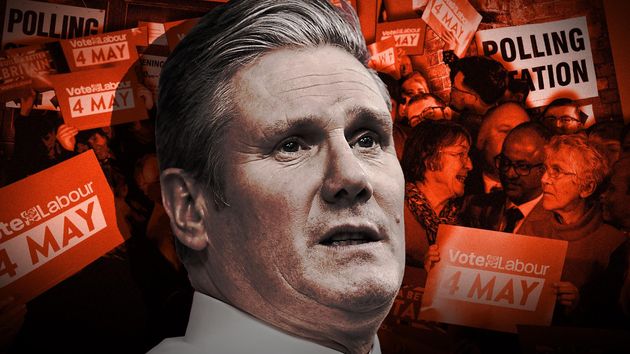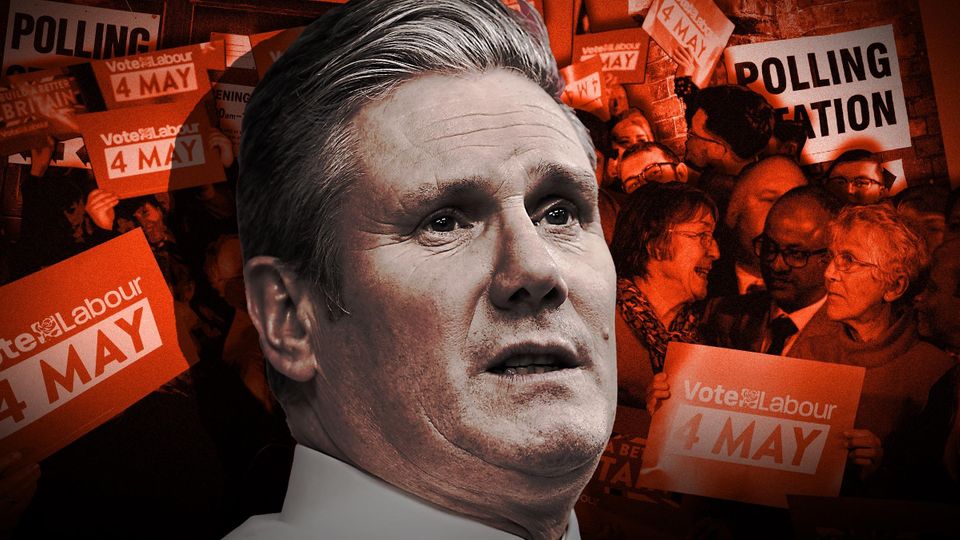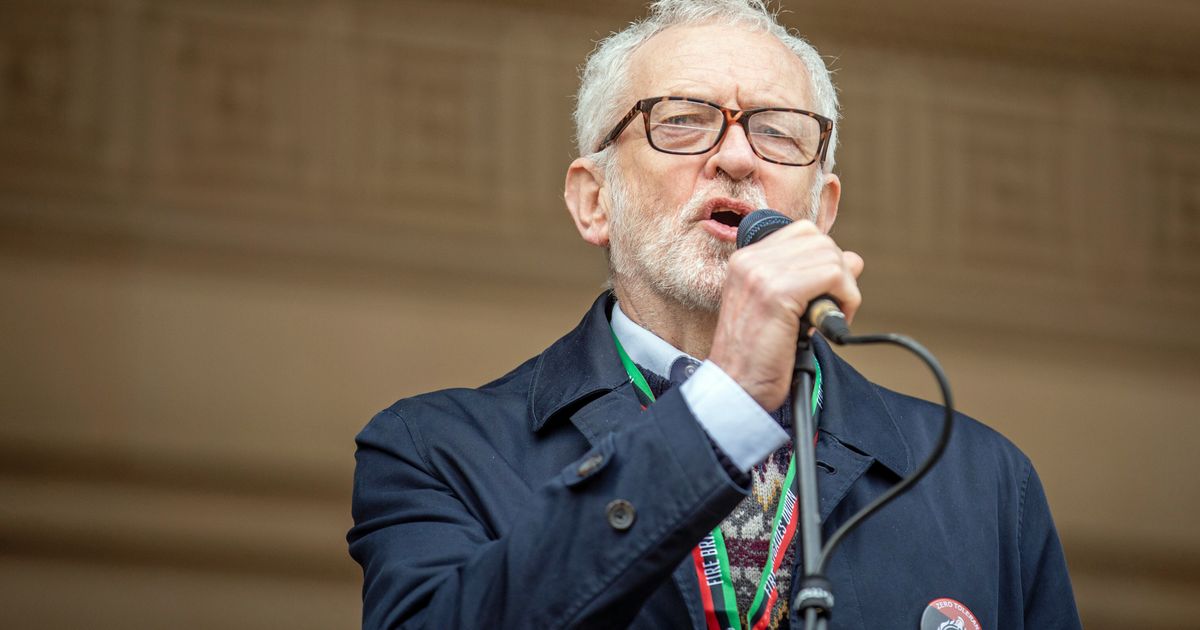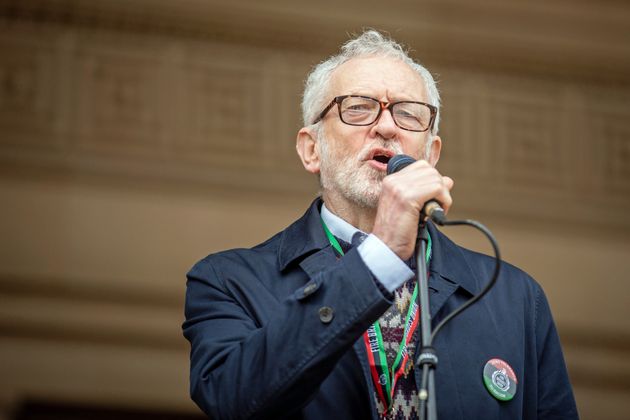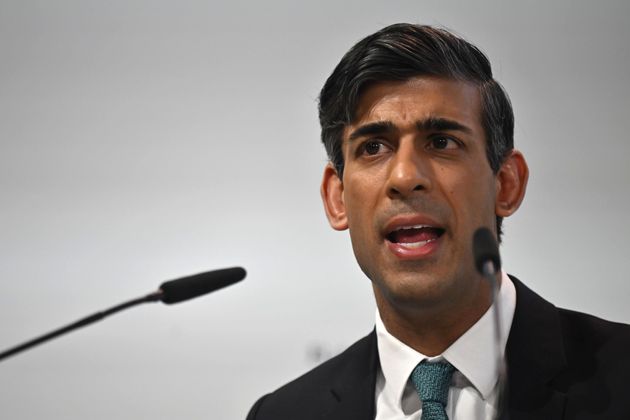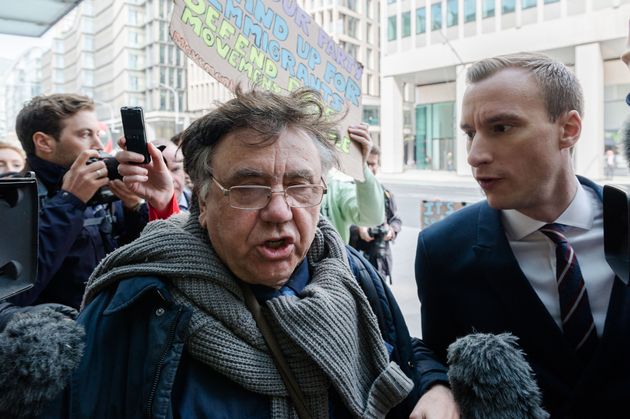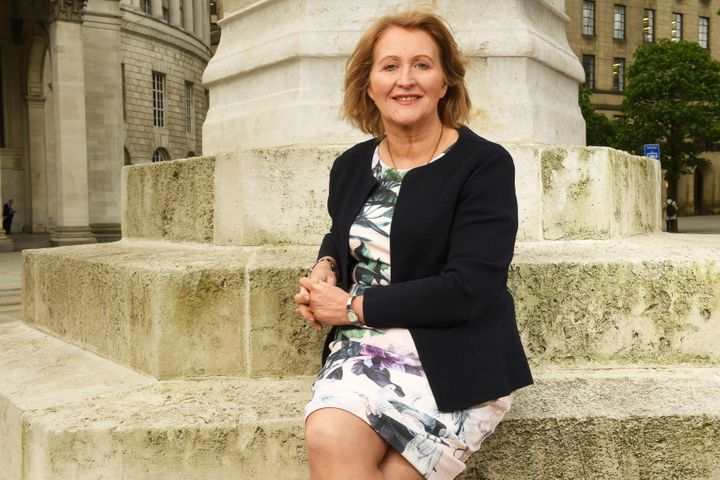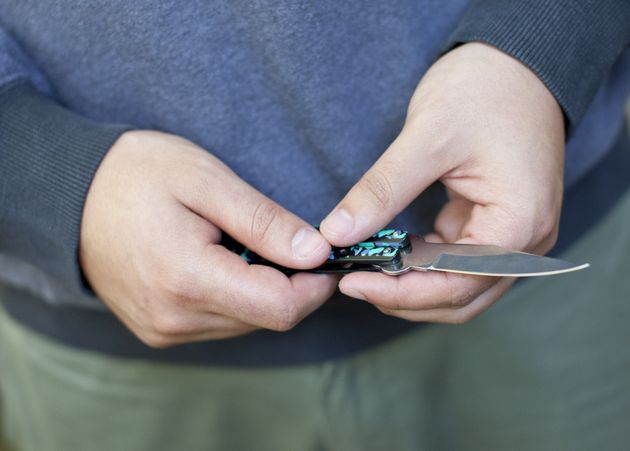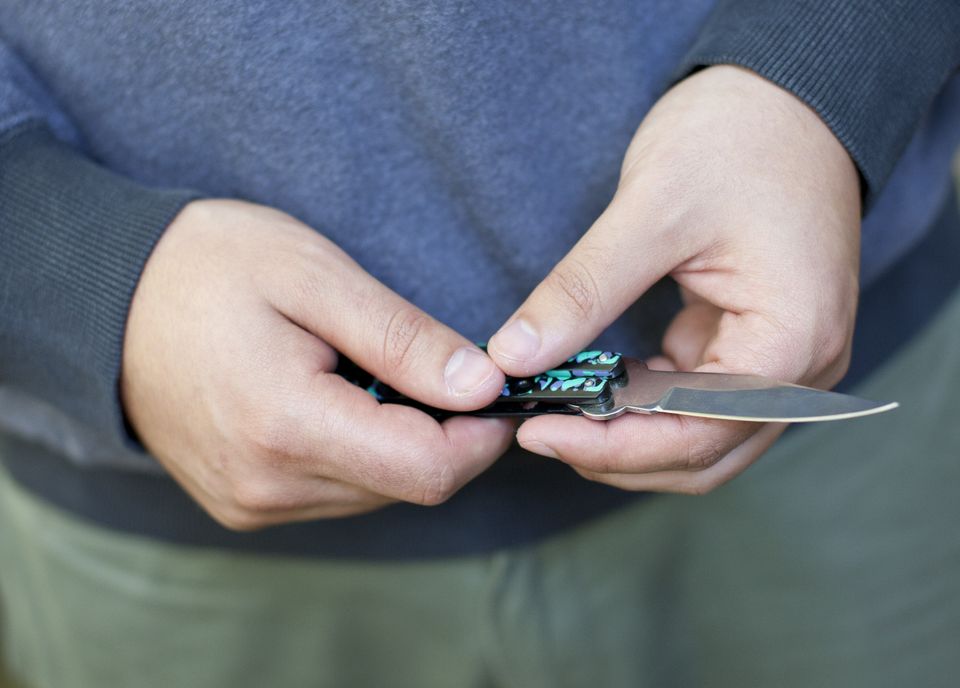As the largest party in the Commons, this leader will also become the prime minister – despite not being elected by the general public, but by Tory MPs and the approximately 160,000 Tory members.
Liz Truss will remain in place until her successor is announced, hopefully by Friday, October 28.
But, as the Tories go through yet another change of hands, many are calling for the vote to go back to the public via a general election, while online petitions for the cause are growing.
But just how likely is it that the electorate can go back to the polling stations early?
When would the next election be, without intervention?
Unless an announcement is made, the next general election is not set to happen for a while. That’s because Boris Johnson called the last snap general election in December 2019 and each term is five years’ long.
This is counted from the day the new parliament first met, so parliament would next be automatically dissolved on Tuesday, December 17, 2024.
Twenty-five days of polling would follow, meaning the last possible date for people to hit the ballot boxes would be Tuesday, January 24, 2025.
Elections are typically held on a Thursday so the public can find out who won on the Friday and a cabinet can be appointed over the weekend, but this is not a fixed rule.
Why do people want another general election?
Having another leader of the Conservative party – and potentially a third person standing leading the Tories in one term – is not a constitutional issue, and has happened before.
A prime minister was replaced twice without a general election being called in the 20th Century. Winston Churchill became prime minister after two other PMs resigned – there was no general election for him until 1945, due to the Second World War.
A similar situation occurred between 1900 and 1906.
Gordon Brown also did not call an early election when he took over from Labour PM Tony Blair in 2007, waiting until 2010 to call the public to vote. Theresa May entered Downing Street in 2016, but didn’t call an election until the following year and Johnson waited around six months before he dissolved parliament.
This is because each one of them wanted to shore up their mandate from the public, but were keen to establish themselves in office first.
But now, the leading party have been in power for 12 years and, with another leader entering No.10, many of the public feel disenfranchised.
How do you call a general election?
A prime minister usually has to call an early election.
While the power was handed to the House of Commons between 2011 and 2019, the Tories gave it back to the PM with a new law called the Dissolution and Calling of Parliament Act 2022.
The prime minister would have to make a “request” to the King to dissolve parliament (and as a constitutional monarch, the King could not reject it) and a polling day would be organised for 25 working days later.
All MPs lose their status once parliament is closed and have to campaign for re-election.
Labour cannot force a general election.
As the main party of the opposition, it can call a no-confidence vote against the government. But, some members of the Conservatives – as the majority party – would then have to vote against their own government, so it’s pretty unlikely to actually happen. The Tories currently have a majority of 71 seats, and probably wouldn’t want to lose it.
The King could technically invite somebody else to form a government, someone who would win a vote of confidence in the Commons. However, that hasn’t happened since King George V asked Ramsay MacDonald to create a government in January 1924, after Stanley Baldwin lost a vote in January 1924.
Who wants an early election?
Many on the opposition benches want to call a general election early, especially as an Opinium poll found voters have swung in the Labour Party’s favour, with a 39-point lead – adding up to a whopping 411 seats.
The Conservatives have dropped to a historic low in the opinion polls with Truss’s favourability dropping to -70 among the public according to YouGov.
The same data company also found that 63% of respondents want an early general election.
Labour leader Sir Keir Starmer said shortly after the resignation of Truss that his party have a manifesto ready “whenever an election is called”.
He said: “This is not just a soap opera at the top of the Tory party – it’s doing huge damage to the reputation of our country.
“We need a general election so the public can have their say on this utter chaos.
“There’s a manifesto that is going to be ready whenever an election is called,”
Lib Dem leader Sir Ed Davey spoke to BBC Breakfast on Friday and said the Conservatives have shown “they’re unfit to govern”, and that “we need to get rid of them”.
“I think the Conservative MPs now need to do their patriotic duty and work with the opposition parties to get that general election so that British people can have their say,” he continued.
SNP leader and Scotland’s First Minister Nicola Sturgeon has also said it was a “democratic imperative” for the next PM to call a general election.
Welsh party, Plaid Cymru, and the Green Party have called for an immediate general election too.
According to YouGov, just 19% of voters would back the Conservatives if a general election was held right now.




